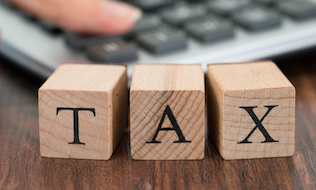

Benefits like employer-paid registered retirement savings plan contributions are among payroll components to be subject to British Columbia’s new employer health tax.
The B.C. government will begin levying the new health tax in January 2019 as it moves to eliminate the province’s medical services plan premiums. In a news release, the government said the transition to the new tax would result in savings of more than $50 million annually due to the costs of administering the current medical services premiums.
Read: B.C. to introduce employer health tax, remove health premiums
In a notice issued this month, the province noted that as a payroll tax, the new employer health levy will cover employment income and taxable benefits under the Income Tax Act, including:
- Salary and wages;
- Advances of salary and wages;
- Payments for casual labour;
- Bonuses, commissions and other similar payments;
- Vacation payments;
- Gratuities or tips paid through an employer;
- Taxable allowances and benefits;
- Directors’ fees paid to directors of corporations;
- Amounts paid by an employer to top up benefits, such as maternity and parental leave;
- Stock option benefits;
- Employer-paid contributions to an employee’s RRSP; and
- Employer-paid group life insurance premiums.
Read: B.C. employers to consider benefits plan design in light of new health tax
Employer-paid payroll elements not subject to the new tax include contributions to registered pension and deferred profit-sharing plans, extended health benefits and retirement compensation arrangements.
Employers with B.C. payroll costs below $500,000 won’t have to pay the tax. Those with payroll above that amount but less than $1.5 million will pay 2.95 per cent on the portion exceeding $500,000. Employers with payroll above $1.5 million will pay the tax at a rate of 1.95 per cent.
The change will relieve individuals from having to pay the medical services premium while applying the new employer health tax in its place.
“Our government is working hard to make life more affordable for people in our province. We are proud to be eliminating regressive [medical] premiums and returning up to $1,800 each year to families across our province,” said Finance Minister Carole James.
